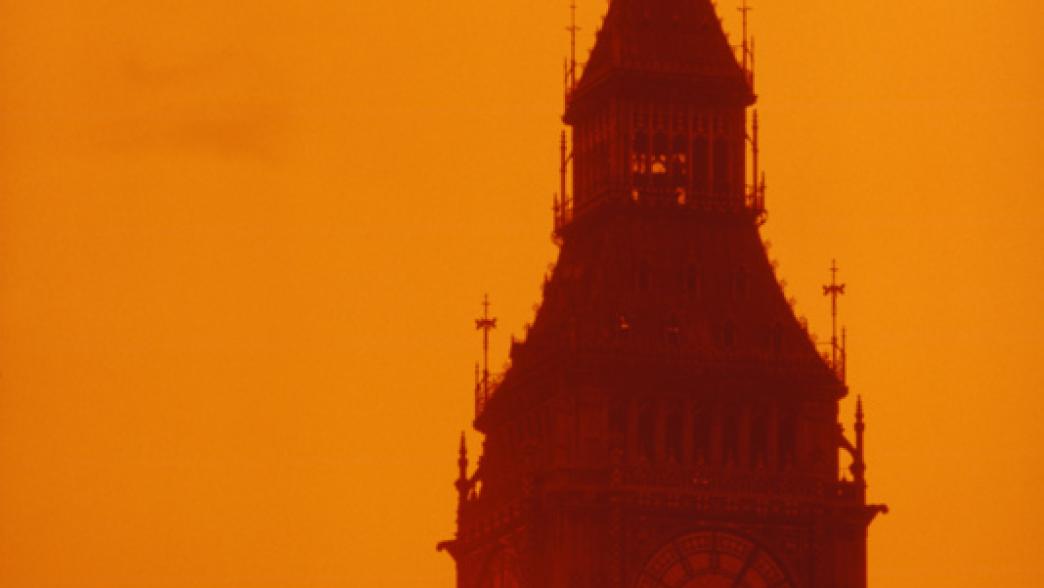
What is a censure motion?
Motions of censure are a broad type of motion that can be tabled by MPs to criticise a particular government policy, government minister (including the prime minister), or the government as a whole. There are no formal rules governing how censure motions are worded or how they work, as they rely on convention.
Who can table a censure motion?
Any MP can table a motion of censure. They are usually tabled in the form of an Early Day Motion – a short motion that is not scheduled to be debated on any specific day, and which allows an MP to express a view on a specific subject.
Other MPs may choose to sign any Early Day Motion – including a censure motion – to signal their support.
What happens if a censure motion is passed?
It is very rare for censure motions to be passed. This is because – unlike when a motion of no confidence in the government is tabled by the Opposition – the government is under no obligation to find time for MPs to debate and vote on them.
In practice, this means that the opposition party would need to use some of the time it is allotted to debate and vote on a censure motion. But the government chooses when the opposition is given time in the Commons. If the government knew that one of its ministers potentially faced a censure motion, they would be unlikely to schedule any time for the opposition, meaning that the motion could not be debated or voted on.
However, if MPs were to find time to debate and vote on a censure motion, they would only need a simple majority in support of the motion for it to pass.
The effect of a censure motion passing would be almost entirely political, as they have no binding effect. It would be damaging for the minister censured, but it would not require them to resign, nor remove them from office. They could simply choose to continue as before.
Is a censure motion different from a vote of no confidence?
Partially. Censure motions are a very broad type of motion, which can include no-confidence motions.
However, following the passage of the 2011 Fixed Term Parliaments Act, only a motion of no confidence that uses a specific form of wording can formally trigger an early election. Other forms of no confidence still carry weight, since the government’s existence is dependent on it having the confidence of the Commons. Motions of censure against ministers or the government might be politically embarrassing, they do not formally have the same effect.
When was a censure motion last used?
In December 2018, the opposition tabled a motion of censure against the then-prime minister, Theresa May. However, the government did not make time for the motion to be debated.
Prior to this, Labour also tabled censure motions against Chris Grayling and Esther McVey, who at the time were respectively transport secretary and work and pensions secretary. Both these motions were debated during Opposition Day debates, and both were defeated.